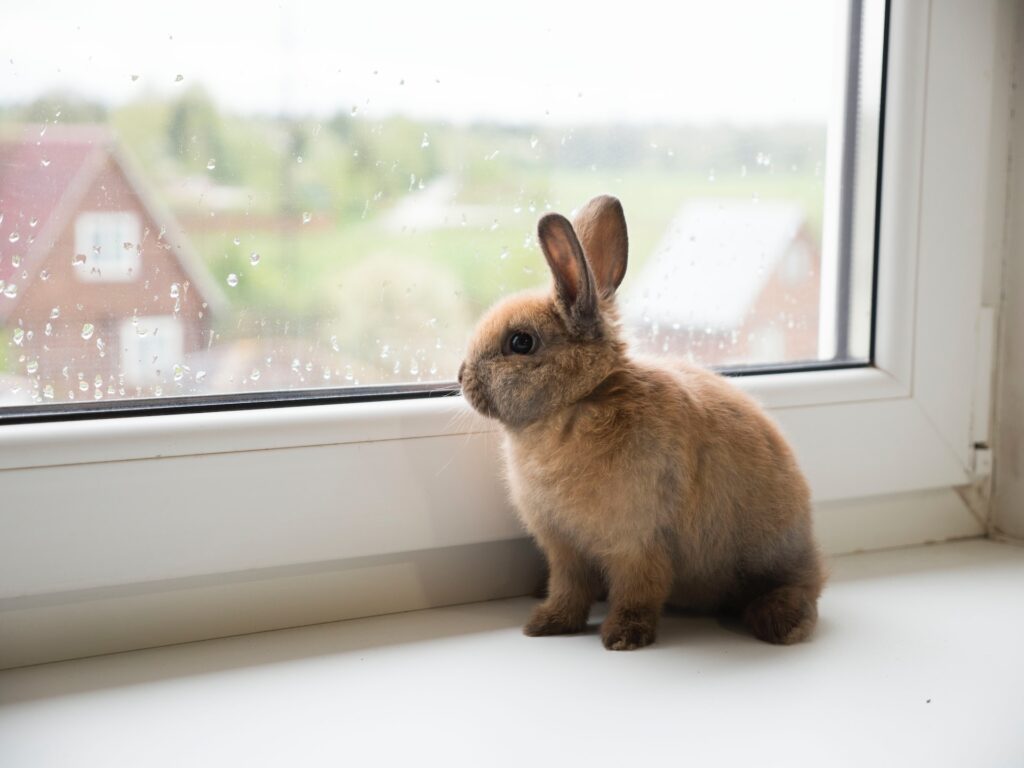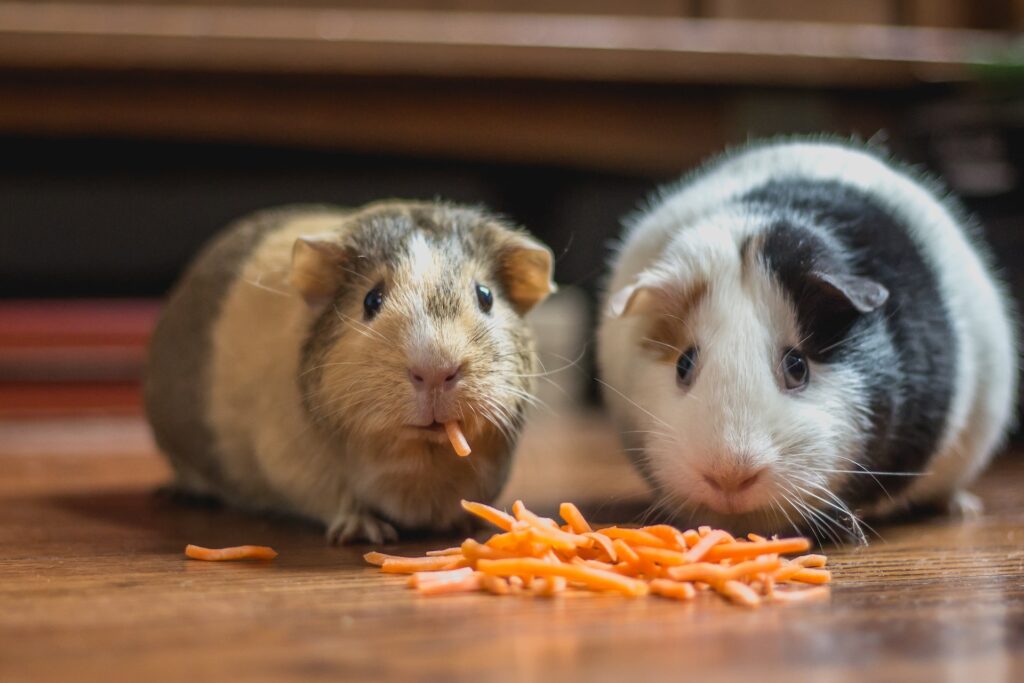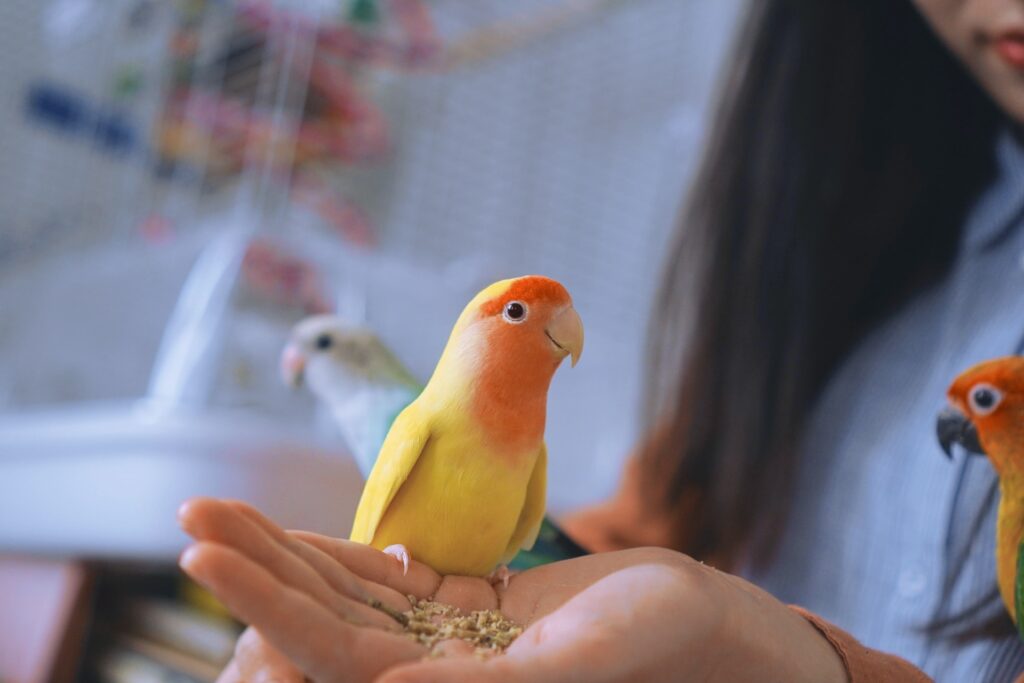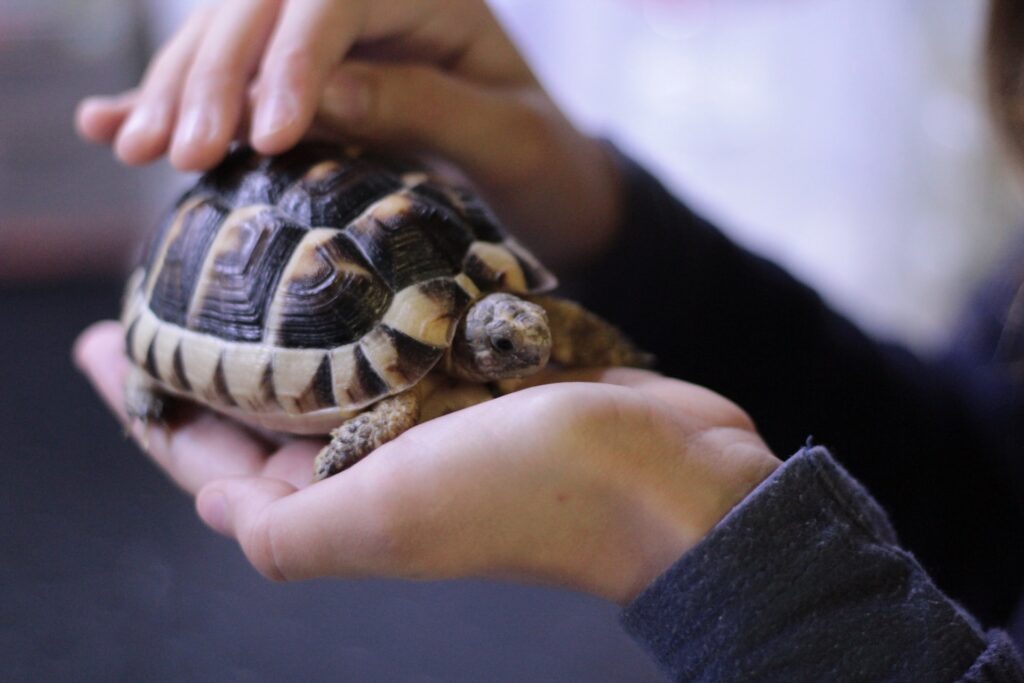We are a nation of animal lovers – and chances are that if you don’t already have a furry friend of your own in the immediate vicinity, you’re thinking of getting one.
Indeed, according to statistics commissioned by the PDSA, more than half of UK households have welcomed some form of domesticated creature into their homes – mammal, reptile, aquatic or otherwise.
But bonds formed with such animals are hard-felt when they reach the end of their natural lifespan. With this in mind, what are the average lifespans of some of the UK’s more popular animal pals?
Dogs
Dogs are near-universally known as ‘man’s best friend’, and for extremely good reason. One of mankind’s first domesticised animals, dogs have been close companions for millennia.
They’re the most common additional member to UK households, with over a third of families having welcomed canis familiaris into their lives. Given the unique bond that we can share with the dogs in our lives, it is all the more painful when it comes time to say goodbye – and for some breeds, that time can come much earlier than others.
Generally speaking, smaller breeds of dogs are more likely to live a long life than larger breeds; poodles can expect to live up to 14 years, and chihuahuas up to an incredible 20. Larger dogs have slightly shorter average lifespans, but it is selective breeding that has had one of the biggest impacts concerning dog lifespans. Pugs were bred in favour of flatter faces, with catastrophic consequences for their respiratory health – as such, their average lifespan sits below eight years.
Read: How to help your dog live their best life

Cats
Where dogs appear to be the nation’s favourite, cats run an extremely close second. Around 28% of households are shared with felis catus – and ‘shared’ really is the correct phrasing. It’s a cat’s world, and we’re just living in it.
Cats tend to live longer than dogs, with the average life expectancy for most breeds extending towards 18 or even 20 years. However, that average comes down for cats that enjoy an outdoor lifestyle. One major reason for this is the risk of grievous injury from a car accident, though outdoor cats are also more likely to contract diseases.

Guinea Pigs
Guinea pigs are a fantastic hutch animal for younger members of the family to take care of, and often the first brush with animal stewardship that a child might ever experience. They can also live much longer than their size and rodent status, with many living for up to 8 years. There are a great many variables though, from the guinea pig food they are fed to the size and state of their hutch. Naturally, higher-quality food and more space to exercise make for a healthier rodent, and longer lifespan.

Rabbits
Guinea pigs are certainly not the only hutch animals to grab the hearts and minds of the nation’s youth, though. Rabbits are another hugely popular option, if a little larger and higher-maintenance. Rabbits live longer than guinea pigs, with an upper limit to their life expectancy of around a decade. Despite the longer lifespan, they share much in common with the guinea pig in terms of variables!

Hamsters
These small, incredibly endearing animals easily win space in our hearts and homes. Hamsters, with their adorable cheeks and playful mannerisms, are companionable little souls. They’re particularly popular with families due to their manageable size and relatively low maintenance.
Sadly, these tiny fur-balls hold a shorter chapter in our lives, having an average lifespan of 2 to 3 years. They may only be with us for a short time, but the joy and warmth they bring to our lives leave lasting memories. Each moment we get to spend with these little ones becomes a cherished gift, reminding us to treasure the brief but beautiful time we have together.

Birds
Birds, ranging from budgies to cockatiels and parrots, light up our lives with their vibrant colours and melodious voices. Their fascinating behaviours and remarkable intelligence make them truly special companions. Life expectancy can widely fluctuate depending on the species.
Budgies typically live around 10 to 15 years, while larger birds like parrots can astoundingly live up to 50 years or more. It’s humbling to imagine the generations of human lives these beautiful creatures can traverse, lending their companionship and tunes to a multitude of loving homes. A pet bird can become a companion who accompanies you through various stages of life, sharing laughter, tears, triumphs, and providing a comforting presence.

Turtles
Turtles are often chosen as pets for their peaceful demeanour and unique charm, and are ideal for those who suffer from allergies, too. Turtles have a considerably long lifespan, averaging between 20 to 40 years, and certain species can even live to be over 100. Thanks to this longevity, they can become lifelong companions.
As we watch them glide serenely in their tanks or bask lazily under the heat lamp, they teach us the value of patience, and of living life at a slower pace. They remind us to take life a little less hurriedly, to savour each moment, and to appreciate the tranquillity they bring to our lives.

Coping With A Pet Bereavement
The loss of a beloved pet can be an incredibly heart-wrenching experience. Dealing with such a profound loss may often feel overwhelming, as we grieve for their companionship and unconditional love which warmed the corners of our life. It’s crucial to allow yourself the time and space to grieve, for it is a natural and necessary process for healing. Don’t shy away from expressing your sorrow, instead, share your feelings with understanding friends or family members.
It can also be helpful to memorialise your pet in some way – perhaps by planting a tree, creating a photo album, or making a donation to an animal welfare charity in their name. This not only honours their life but also helps in cherishing those special memories you shared together.
The Bottom Line
Our bonds with animals, regardless of their lifespans, extend beyond space and time. Even when our furry, feathery, or shelled friends reach the end of their earthly journeys, they remain in our hearts, their love and companionship etched in our memories.
These relationships, these shared moments of joy and companionship, are what make our lives richer and more meaningful. In loving and caring for our pets, we learn to embrace the cycle of life with grace and compassion.





